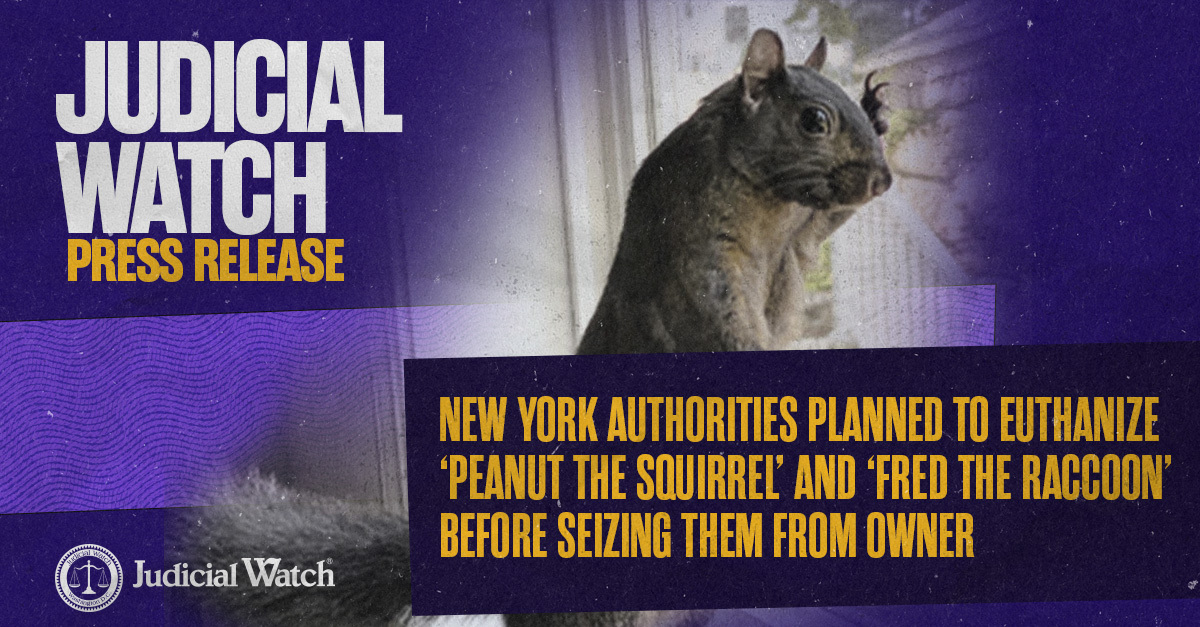
FDA to Regulate Mobile Apps, Monitor Social Media
Though it’s failed miserably to fulfill its key mission of protecting public health and safety over the years, the Food and Drug Administration (FDA) has found a new calling unrelated to its duties; monitoring social media and smart phone applications.
As is the case when federal agencies embark on new endeavors, this one will of course cost American taxpayers a chunk of change. Let’s start with the new measures the FDA is creating to regulate mobile phone apps designed to help people stay healthy. There are thousands of them—from heart-rate monitors that scan arterial changes to calorie counters and apps that measure hearing—and the FDA wants to control them.
Here is why, according to the agency that has endangered public health by fast-tracking deadly vaccines and failing to ban dangerous household chemicals; some mobile apps are used as medical devices, which are regulated by the FDA, and therefore the agency must step in to “ensure the safety and effectiveness” of apps that “could be harmful if they didn’t work properly.”
The new guidelines are outlined in a 43-page document issued by the FDA this week and, typical of government orders, it’s painfully long. Here are a few examples of the lengthy list of mobile apps that will be regulated; those that help patients with diagnosed psychiatric conditions maintain behavioral coping skills by providing a “skill of the day;” apps that provide educational information and motivation to smokers trying to quit; apps that use location information to alert asthmatics of environmental conditions; those that provide patients a portal to their own health information; apps that display trends in personal health incidents. The list goes on and on.
It’s difficult to imagine how any of those phone applications could endanger the public, though it’s easy to conclude that the FDA just wants to overreach and extend its authority. The manufacturers of the regulated apps will be forced to adhere to strict controls already in play for manufacturers of real medical devices. This includes labeling requirements, premarket notification and clinical studies.
Also this week, a nonprofit online newspaper reported that the FDA is spending $182,814 to better understand social media. Even more outrageous is that the money is going to a company called IB5k that worked for the Obama for America campaign. The firm, which boasts about being “the people who brought you Obama ’08,” will monitor social media platforms so the FDA can be more effective on Facebook and Twitter.
While the FDA focuses on these ridiculous causes, it fails to do its job by allowing companies that annually pay it hundreds of millions of dollars in “fees” to compromise public safety. One example involves a controversial cervical cancer vaccine (Gardasil) fast-tracked by the FDA. It’s been linked to the deaths of dozens of girls and adverse reactions in thousands of others, according to government documents obtained by Judicial Watch. JW has published a special report detailing Gardasil’s government approval process, side effects, safety concerns and marketing practices.
A few years go the FDA wasted millions of tax dollars to further examine a common household chemical (Bisphenol A, or BPA) that had already been deemed unsafe in hundreds of scientific studies and banned in several states. To appease the chemical’s manufacturer the agency delayed issuing a negative report by dismissing the results of nearly 1,000 reputable scientific studies that collectively concluded it presented a public health risk.
















